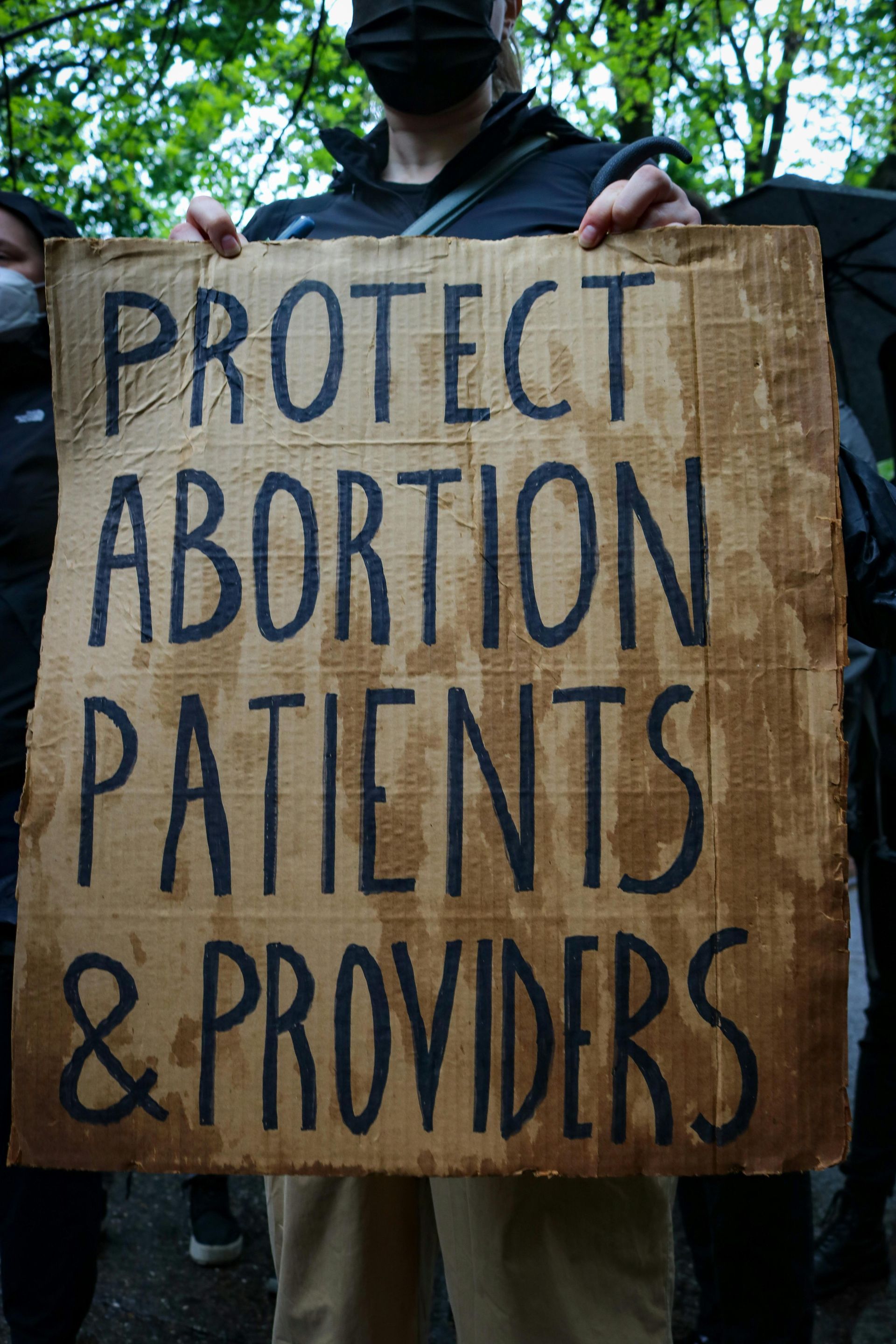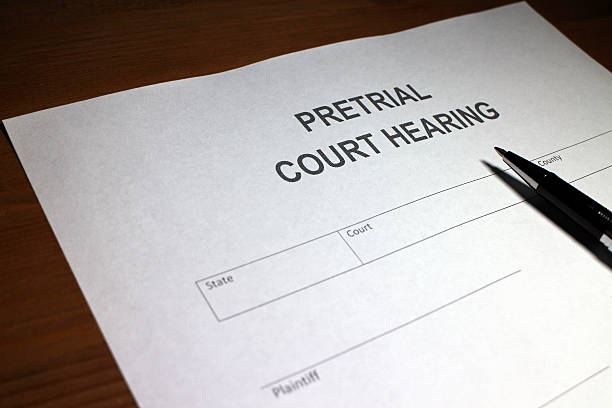Need Help Against Your Landlord?
Do You Have a Bad Landlord?
You Have Rights Against Your Landlord
Protect your rights even if your landlord is violating them. Typically, leases have an “implied warranty of habitability.” What does this mean?
- “Habitable”
means a safe and clean place to live, in compliance with local housing codes.
- Keeping the rental premises habitable also means that landlords must follow state health and fire codes and maintain common areas.
- The rental unit must be clean, with toilets, furnaces, and windows working.
- Locks must be on every outside door or doors that lead to a common area.
- Keeping rental premises habitable includes maintaining the structural safety of the building and weatherproofing.
- “ Implied ” means the landlord must keep a rental home safe to live in—even if this is not stated in a lease agreement.
2. The Landlord Is Responsible for Upkeep
The landlord must provide you with a rental unit in a safe, clean, and livable condition. These responsibilities include:
- Comply with health and housing codes.
- Provide and maintain the following in good and safe working condition (if there at the time you signed your lease):
- Electrical systems
- Plumbing, including a reasonable supply of hot and cold water at all times,
- Sanitary systems
- Heating, ventilating, and air conditioning (including an adequate supply of heat at all times)
- Elevators (if applicable)
- Appliances supplied to encourage you to enter into the lease.
3. The Landlord Must Maintain Common Areas
Landlords have a duty to maintain common areas throughout rental premises in clean and proper condition. Common areas are those areas shared by all tenants. These include fences, parking, landscaping, and recreational areas.
4. You Have Right to Privacy
Landlords must give you advance notice before they enter your dwelling. The only exception is in the case of an emergency.
5. You Have Right to Enter Your Home
You have the right to access your rental home at all times. It is illegal for a landlord to deny you access to your rented property by changing locks, barring windows or removing doors. The only way a landlord may deny you entry to your rental property is through a court order. You also have the right to continuous use of your utilities without interruption to these services.
6. What if My Landlord Has Not Made Repairs in A Reasonable Amount of Time?
- You must give the landlord notice of the problem and a reasonable time to fix it. Put the date on the notice, and keep a copy for yourself. You must give the landlord access to the unit to make repairs.
- If the conditions are bad, you can also contact your local board of health or code enforcement office to report the conditions in your home.
- Unlike some states, Indiana does not have a law that lets tenants withhold rent or make repairs and deduct it from the rent.
- Generally, if you do not pay rent, you could be evicted . There may be very limited cases where you can repair and deduct, but you should talk to a lawyer first.
7. You Have the Right to Legal Action
If the landlord does not fix the problem in a reasonable time, the law says you can sue. Either a tenant or landlord can sue in court. They can get damages, orders to repair, and attorney fees. It’s always a good idea to speak with a tenant’s rights attorney to evaluate your options, especially if a landlord is:
- Invading your privacy
- Not keeping the premises safe and in compliance with health and housing codes
- Failing to fix appliances
- Failing to provide adequate heat and hot water
However, if you are in violation of the lease, most landlords may file an eviction.
8. You Have the Right to the Return of Your Security Deposit
As a tenant in the state of Indiana, you may have your security deposit returned within 45 days if you leave the rental property to the landlord in good order when the lease ends and give your landlord your forwarding address in writing.
- It is illegal for the landlord to use a security deposit for repairs to the property as part of normal wear and tear—such as carpet cleaning or repainting walls.
- The landlord may subtract from the security deposit unpaid rent, the cost to repair damages to the rental property or other unpaid obligations under the rental agreement.
- If a landlord wants to charge you for damages to the property, he or she must also give you an itemized list of damages and the cost of repair within the same 45-day period.
9. What Are a Tenant’s Responsibilities?
- Comply with health and housing codes that apply to tenants.
- Keep the home reasonably clean.
- Not deface, damage, destroy or remove any part of the home.
- Follow all reasonable rules and regulations of the property.
- Deliver the home back to the landlord in a clean and proper condition.
- Ensure smoke detectors work and are not disabled. Replace batteries as needed.
Use these in a reasonable manner:
- Electrical systems,
- Plumbing,
- Sanitary systems,
- Heating, ventilating, and air conditioning,
- Elevators (if supplied),
- Facilities and appliances
10. Who Is Responsible for Smoke Detectors?
- A separate law requires landlords to provide smoke detectors and have the tenant acknowledge in writing that the unit has a functional smoke detector.
- Each landlord must install a battery or hard-wired smoke detector. If a tenant gives written notice to replace or repair a smoke detector, the landlord must do it within seven (7) working days after notice.
- Report violations to your local prosecutor. Ask for inspections by the state fire marshal’s office.
Do you need help fighting against a bad landlord? Please contact an experienced landlord-tenant lawyer at the Law Office of Mark Nicholson at 317-667-0718. We will help to protect your rights as a tenant.
Source: Indiana Legal Services
The post Need Help Against Your Landlord? appeared first on Law Office of Mark Nicholson.



















